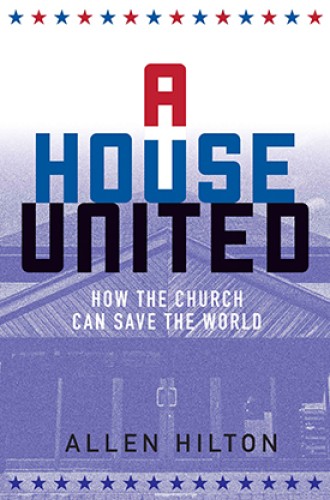Baby steps toward Christian unity
Allen Hilton profiles churches that are uniting people across ideological differences.
If you attend church more than casually, one of two scenarios is likely true. The first is this: when you look around on a Sunday morning, you know that you and your fellow pew-sitters are, for the most part, ideologically homogeneous. Perhaps this brings you some sort of comfort. Perhaps it gnaws a bit at your spirit, as if something is missing. Or perhaps you don’t think about it at all—because we’ve all found our camps in most areas of our lives these days.
The other scenario is this: when you look around on a Sunday morning, you know that you’re in a mixed bag of ideologies, and that bag is a bit unsettled these days. Families are leaving the fold, or there are whispers alluding to their impending departure. You wait with anxiety as the sermon starts, wondering if the latest headlines will weave their way through the homily after the opening joke. You squirm a bit.
Allen Hilton challenges readers to consider the consequences of these two realities. Hilton, who comes from an evangelical background, knows the tension of living between ideologies. He has done so for much of his life. As the United States distills each “us” and “them” into the lowest common denominator, A House United calls Christians to take seriously Paul’s claim that in Christ there is no “them.” There is only “us.”






